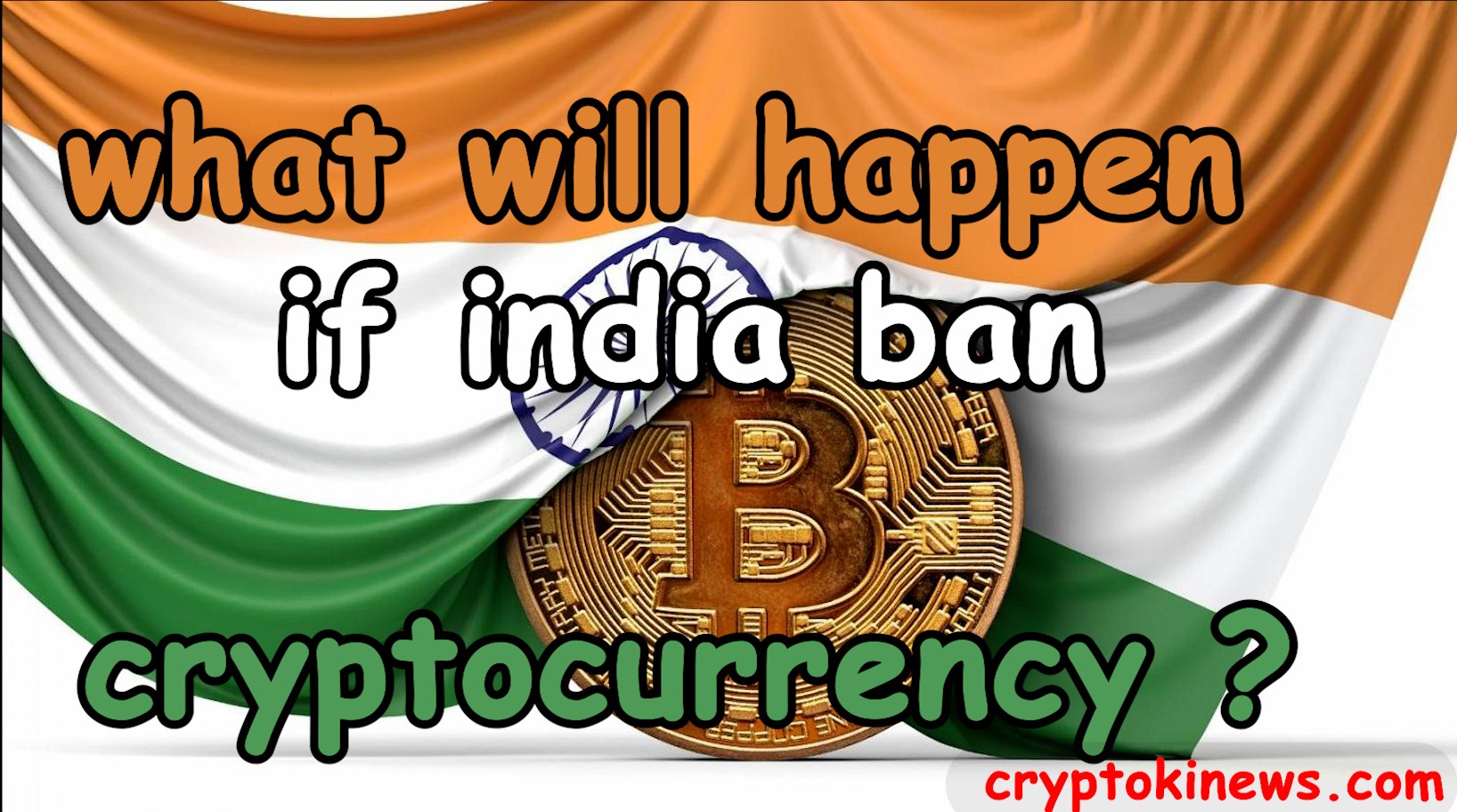In recent weeks, discussions about cryptocurrency have been everywhere. Decentralised digital currencies secured by cryptography were the subject of a prime ministerial meeting, a statement by the Reserve Bank of India governor and were featured in a barrage of advertisements during cricket matches. On November 23 came the news that the Lok Sabha is set to table a draft legislation on cryptocurrencies.
There has been a great deal of speculation about whether the law will prohibit cryptocurrencies or merely attempt to regulate them.
Supporters of cryptocurrency say that digital currencies lower the cost of transactions and bring more transparency to the financial system. But sceptics say they are wary about the lack of governmental control over such instruments and that they could be used to finance illegal activities.
This is what you need to know about the situation.
What is happening?
Last week, the Lok Sabha bulletin listing the agenda for the winter session of the Parliament said the government will introduce the Cryptocurrency and Regulation of Official Digital Currency Bill, 2021. The Bill aims “to create a facilitative framework for creation of the official digital currency to be issued by the Reserve Bank of India”.
“The Bill also seeks to prohibit all private cryptocurrencies in India,” the bulletin said. “However, it allows for certain exceptions to promote the underlying technology of cryptocurrency and its uses.”
Officially, this is all that is known about the Bill. But news reports have speculated about what it could contain. Some suggest that while the government might not be in favour of an outright ban, the Reserve Bank of India is. Some reports say that a few cryptocurrencies may be allowed and that cryptocurrency gains may be heavily taxed.
Another report suggests that the government will ban all cryptocurrencies and lay down an exit period for those who currently possess cryptocurrencies.
Cryptocurrency Bill 2021
The Central Government is going to introduce the Cryptocurrency and Regulation of Official Digital Currency Bill 2021 during the ongoing Winter Session of Parliament. There have been speculations in past that the Government may completely ban cryptocurrencies in India. However, several reports recently claimed official sources as saying that the Government may allow trading and investing in cryptocurrencies with certain restrictions.
Crypto experts say that it won’t be possible to completely ban cryptocurrencies. However, the government may ban or put restrictions on trading in crypto and its use as a means of exchange or payments. “Cryptocurrencies exist on the blockchain that has no single entity controlling it. The decentralized nature of blockchain separates it from other digital currencies that might be under the control of a single entity. Governments can ban trading in cryptocurrencies and also ban using them for payment purposes,” Edul Patel, CEO and Co-founder of a global algorithm-based crypto investment platform Mudrex told FE Online.
“Exchanges can be shut down from operating in particular countries. However, imposing a complete ban on cryptocurrencies would never be possible. Decentralized exchanges do not come under the ambit of any government or entity. These are driven by communities of developers and crypto enthusiasts. Hence, despite a blanket ban on cryptocurrencies for transactional purposes, it would not be possible to put a complete ban on crypto,” Patel added.
‘Public’ vs ‘private’ cryptocurrency
Although the definition of what exactly constitutes as ‘private’ cryptocurrency has not yet been clarified by the central government yet, it is likely that Bitcoin, Ethereum, and other crypto tokens of the sort won’t be banned since these are based on public blockchain networks, which mean transactions made using these networks are traceable while still providing a degree of anonymity to users.
Private cryptocurrency, on the other hand, could refer to Monero, Dash, and the likes – which, although built on public blockchains, conceal the transaction information to offer privacy to users. while Bitcoin offers anonymity, Monero offers privacy and is, hence, a private token.
Is a blanket ban possible?
Since a cryptocurrency, in essence, lacks any inherent value or liquidity, it might prove difficult to actually ban the tokens – which could be called an asset, a commodity, a currency, or even a security. Millions of people around the world could, theoretically, hold such a currency – which are basically pieces of code that can’t be ‘banned’ – and still agree to use it as a medium of exchange, which will then lend it value.
Transferring cryptocurrencies from one wallet to another is essentially no different from sharing files from one computer to another, so a regulatory ban might not take away people’s ability to send cryptocurrencies to each other.
However, there are always ways for governments to create barriers to transactions and entry of such digital tokens. Since the majority of investors trade on crypto exchanges, banning these platforms is likely to take away a chunk of mainstream cryptocurrency users who have, perhaps, not yet delved into the technical world of creating crypto wallets and so on.
A blanket ban would force crypto exchanges to stop operations in India. One of the world’s largest crypto exchanges, Huobi, had to do the same when China issued a blanket ban on cryptocurrencies earlier this year in September. The exchange’s founder told the Financial Times on November 8 that its revenues from Chinese users during the September to December quarter would be zero.
A policy expert, familiar with the developments on the government end, told HT’s sister publication Livemint that there are “two factions” within the government – one that wants to ban cryptos and one that wants to regulate it. “But since the regulatory scenario wasn’t clear, the first group is the one that’s coming out on top,” the person was quoted as saying. “The government may pass a money bill if it wants, which will be cleared in 14 days. Or they could also do an ordinance, which will be faster.”
Meanwhile, Nischal Shetty, the CEO of WazirX – India’s largest crypto exchange platform – tweeted: “The crypto regulation bill has been listed for the winter session. The description hasn’t changed much. There will be speculation on both sides. The good thing is more people within the government are aware of how crypto works.”
‘GREED’ OVER ‘PANIC’
Bitcoin, the world’s biggest cryptocurrency, hit a record high $60,000 on Saturday, nearly doubling in value this year as its acceptance for payments has increased with support from such high-profile backers as Tesla Inc CEO Elon Musk.
In India, despite government threats of a ban, transaction volumes are swelling and 8 million investors now hold 100 billion rupees ($1.4 billion) in crypto-investments, according to industry estimates. No official data is available.
“The money is multiplying rapidly every month and you don’t want to be sitting on the sidelines,” said Sumnesh Salodkar, a crypto-investor. “Even though people are panicking due to the potential ban, greed is driving these choices.”
User registrations and money inflows at local crypto-exchange Bitbns are up 30-fold from a year ago, said Gaurav Dahake, its chief executive. Unocoin, one of India’s oldest exchanges, added 20,000 users in January and February, despite worries of a ban.
ZebPay “did as much volume per day in February 2021 as we did in all of February 2020,” said Vikram Rangala, the exchange’s chief marketing officer.
Top Indian officials have called cryptocurrency a “Ponzi scheme”, but Finance Minister Nirmala Sitharaman this month eased some investor concerns.
“I can only give you this clue that we are not closing our minds, we are looking at ways in which experiments can happen in the digital world and cryptocurrency,” she told CNBC-TV18. “There will be a very calibrated position taken.”
The senior official told Reuters, however, that the plan is to ban private crypto-assets while promoting blockchain – a secure database technology that is the backbone for virtual currencies but also a system that experts say could revolutionise international transactions.
“We don’t have a problem with technology. There’s no harm in harnessing the technology,” said the official, adding the government’s moves would be “calibrated” in the extent of the penalties on those who did not liquidate crypto-assets within the law’s grace period.
So what happens if India bans crypto?
In the event of the Centre banning crypto, the investors would be left with two primary options — sell their assets or keep their crypto assets through wallets from offshore exchanges.
For those who want to hold their digital coins despite a ban, moving their crypto assets to self-custody wallets — digital devices that work like micro SD cards — would be a smart option. These self-custody wallets — like Ledger, Trezor, SafePal and BitLox — store the investors’ private Bitcoin key or keys. If they are concerned about keeping their wallet in India in the event of a ban, these wallets can be sent overseas to their friends or family.
There is also this understanding that if the government decides to ban cryptocurrencies, investors would still be given three to six months to sell their assets.



